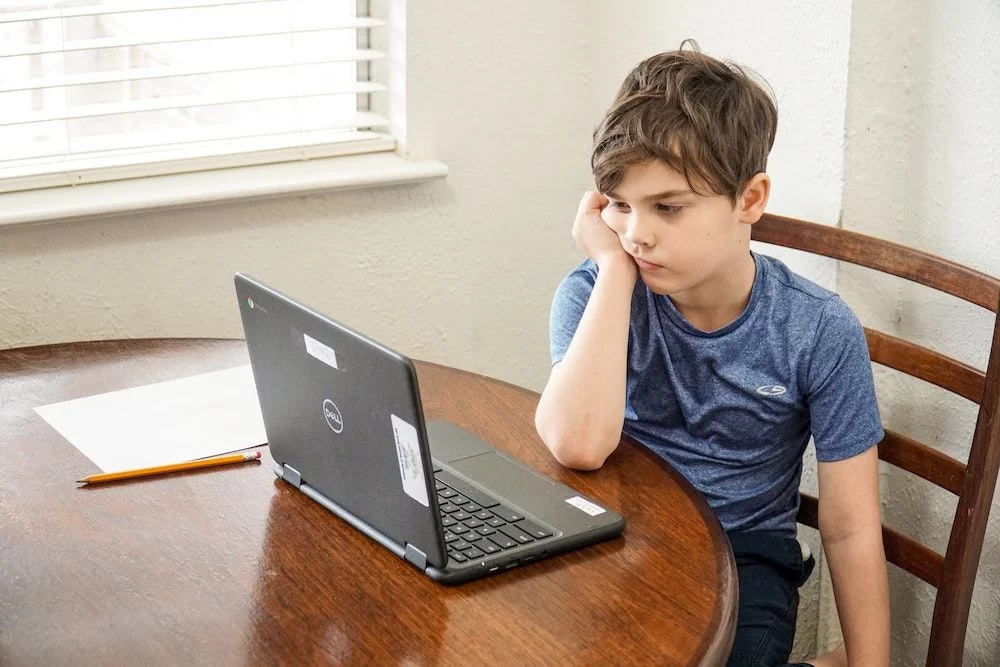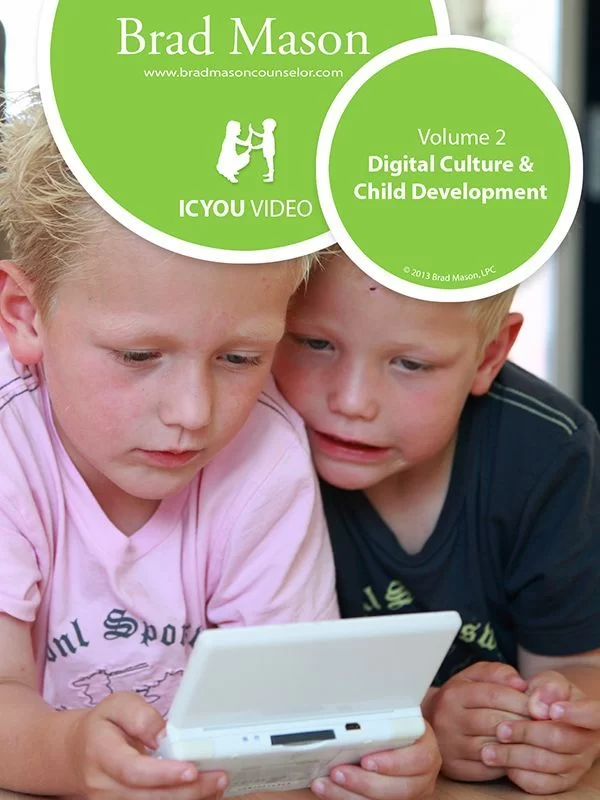Youth Using Artificial Intelligence: Do’s and Don’ts
What Youth need to know about using artificial intelligence. The bad, the good, and recommendations.

Youth and artificial intelligence: Problems
Replika- “Join the millions who have already met their AI soulmates” Claims over 10 million users. Can steer conversations to romantic and erotic themes. No age screening for entry. This is an example of a parasocial relationship, which is one-sided and assumes a level of intimacy that is not real. Like Swifties and Taylor Swift.
Deep fakes using false images, voices, and age to groom and potentially abuse children.
CSAM- AI generated child sexual abuse material, can be used to generate fake nudes of children so predators can threaten or coerce kids to give money or engage in acts they wouldn’t normally do.
Loss of privacy- may share your info with who knows?
Bias- perpetrates all the same judgements and prejudice human beings are capable of!
Currently a class action lawsuit to recoup original artwork copied from 15,000 artists without permission to train AI how to create art.

Artificial intelligence: The good and the great!
Youtube video explaining AI to kids https://youtu.be/kQPC4_DsJ8I?si=8zfmvdrtx4DHFHck
Most students know a little about how to use AI but would like to know more.
By using AI kids can learn how machines think and how to program.
Learn to code using Scratch or Cursor.
Help with homework.
Healthcare- used for quicker diagnosis and insurance claims processing.
Fraud detection.
Google teachable machine- let’s kids explore AI without knowing how to code.
Smart phones.
Autonomous vehicles.
Powerful problem solving assistant.
Voice recognition, talk to text.
Marketing tool- learns individual preferences to make offerings tailored to the user; Amazon, Netflix, all social media platforms, Siri, Alexa, Spotify, autocorrect, Uber, Google Maps.
Can be used to do research and compose writing assignments, which can be good but also invites plagiarism and may reduce critical thinking practice.
Creating artwork and graphics.
Learning and research.
Pinwheel GPT offers AI with filters of inappropriate content for children.
What do we do?
I don’t think we want to frighten young children, but we can explain that AI is not a real person, does not have feelings, and some things are better not said to an AI, like an Alexa speaker in the house. Some information should be kept private, like financial information, name address and date of birth, and so on. Show them how you practice safety online. Let them know AI is not an appropriate friend and may be used to bully, steal, or in other ways abuse. Promote critical thinking and online skepticism! Set clear boundaries, use privacy settings, and monitor online activities.
Teens need to know about the potential for bullying, problems with sharing images online, sextortion, voice cloning, and engaging in intimate romantic conversations. Teach privacy measures like clearing cookies and browser history and blocking unwanted marketing streams. Try using Ai together with them and talk about plagiarism. AI is a great tool but not a friend, definitely not a romantic partner as Replika would have you use it.
It’s way past time that technology and ethics shook hands. Right now there are few rules or laws governing AI use, or TV, or internet. There are some rules limiting the use of private information about kids under 13, but social media companies and advertisers frequently violate these rules.
You may also enjoy reading these articles:
https://www.edweek.org/technology/what-kids-say-they-need-to-understand-how-ai-works/2024/03
I want to create healthy happy life
It can be hard to work with a mind that keeps going to the problems and worries. It's time to teach children their power over thoughts and feelings.
I would like teachable exercises for; replacing thoughts that are not helpful, reasonable, or true, creating joy and emotional resilience, Mindgarden metaphor illustrating power and choice in thoughts, Dream Book strategy for identifying clear goals and building motivation, a video explaining how NOT to let others or situations have the power to bring you down!
No comments yet.